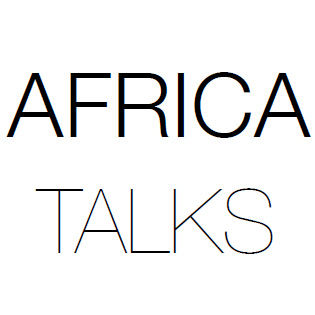Black Gold in Ghana: socio-economic implications for women in the oil communities
- Dates
- Wednesday 5 February 2014 (17:00-19:00)

In 2010, Ghana joined the league of oil producing nations. The news of the oil find was interpreted paradoxically by Ghanaians. On one hand, it was seen as a revolutionary removal of poverty and on the other, there was suspicion the proceeds of vast oil reserves would not be used to improve the standard of living of the average Ghanaian. One regrettable consequence of oil production, in some African countries, has been the deprivation of the livelihoods of the indigenous people, particularly women. Women are essential to the survival of their families due to their social role of in providing sustenance. Ecofeminists argue that development destroys nature – land and water - which sustains women and on which they depend upon for their economic growth and survival as nature is the bedrock of women’s economic activities. This research undertakes an ethnographic study to
- examine the experiences and the real life situation of the women in oil producing communities in Ghana in order to know how their private and public spaces have been reformulated by the discovery and production of oil in their community; and
- to investigate the coping strategies adopted by the local communities, particularly women, in dealing with the conscious dislocation of their livelihood brought about by oil extraction in their region.